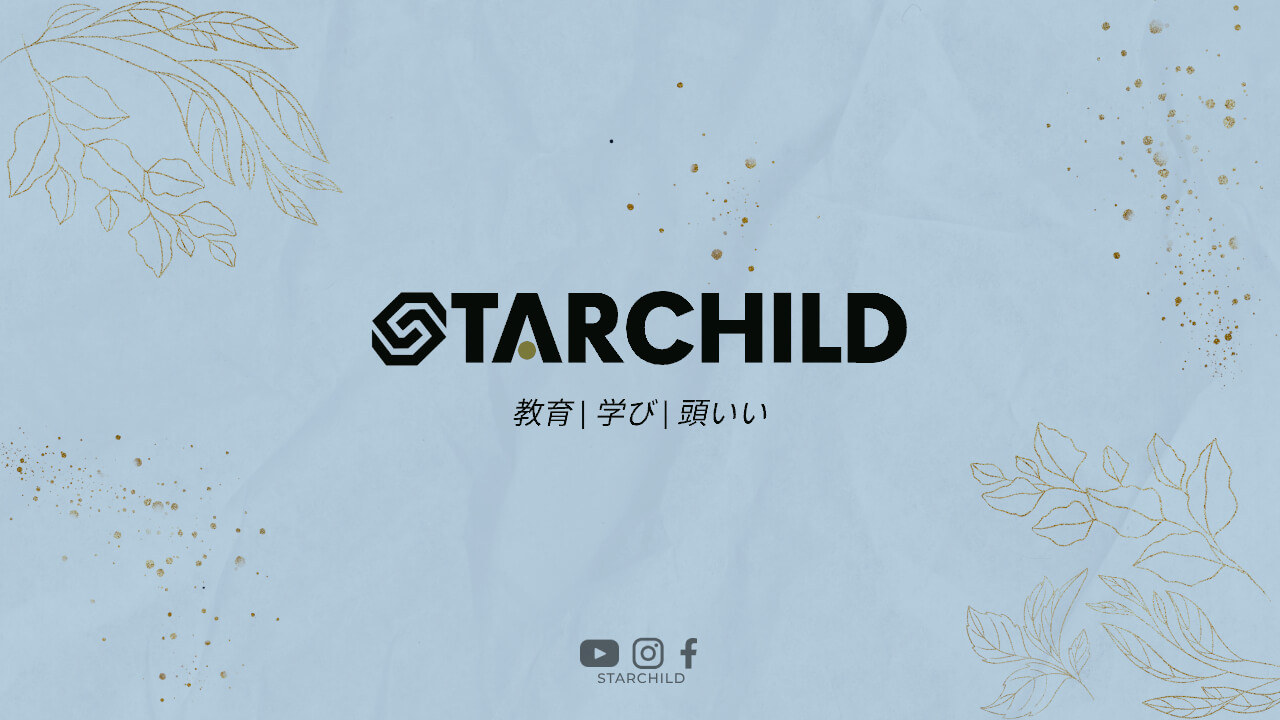隠れたカリキュラム, also known as “hidden curriculum,” refers to the unwritten, unofficial, and often unintentional lessons that students learn in addition to the formal curriculum. This can include values, beliefs, and social norms that are not explicitly taught but are absorbed through interactions with peers, teachers, and the school environment.
Why is the Hidden Curriculum Important?
The hidden curriculum can have a significant impact on students’ attitudes, behaviors, and academic performance. For example, if a school emphasizes competitiveness and individual achievement, students may learn to prioritize personal success over collaboration and cooperation. Alternatively, if a school values diversity and inclusivity, students may develop more open-minded and tolerant attitudes towards different cultures and perspectives.
Understanding the hidden curriculum can also help educators identify and address potential biases or inequalities in the school system. For instance, if certain groups of students are consistently excluded or marginalized from school activities or social groups, this may reflect underlying cultural or social norms that need to be addressed.
How Does The Hidden Curriculum Affect Writing Papers?
When it comes to writing academic papers, the hidden curriculum can play a significant role in shaping students’ expectations and approaches. For example, if a school emphasizes strict adherence to rules and conventions, students may focus more on formatting and grammar than on developing their own ideas and arguments. Similarly, if a school prioritizes memorization and regurgitation of information, students may struggle to engage critically with the material they are studying.
On the other hand, if a school places a greater emphasis on creativity, originality, and critical thinking, students may be more likely to approach their papers with a sense of curiosity and exploration. This can lead to more innovative and engaging work that reflects the student’s unique perspective and voice.
While the hidden curriculum can be challenging to navigate, there are several strategies that can help you succeed academically while still staying true to your values and beliefs.
First, try to be aware of the implicit messages that you are receiving from your school environment. This can involve paying attention to the attitudes and behaviors of your peers and teachers, as well as the messages that are conveyed through school policies and practices.
Second, try to develop a strong sense of self-awareness and personal values. This can involve reflecting on your own beliefs and priorities, as well as seeking out opportunities to explore and develop your interests and passions.
Finally, try to find a community of like-minded individuals who share your values and beliefs. This can involve joining clubs or organizations that align with your interests, or seeking out mentors or role models who can provide guidance and support.
Conclusion
隠れたカリキュラム is a complex and multifaceted concept that can have a significant impact on students’ academic and personal development. By understanding and navigating the hidden curriculum, students can develop a stronger sense of self-awareness, personal values, and academic success.




